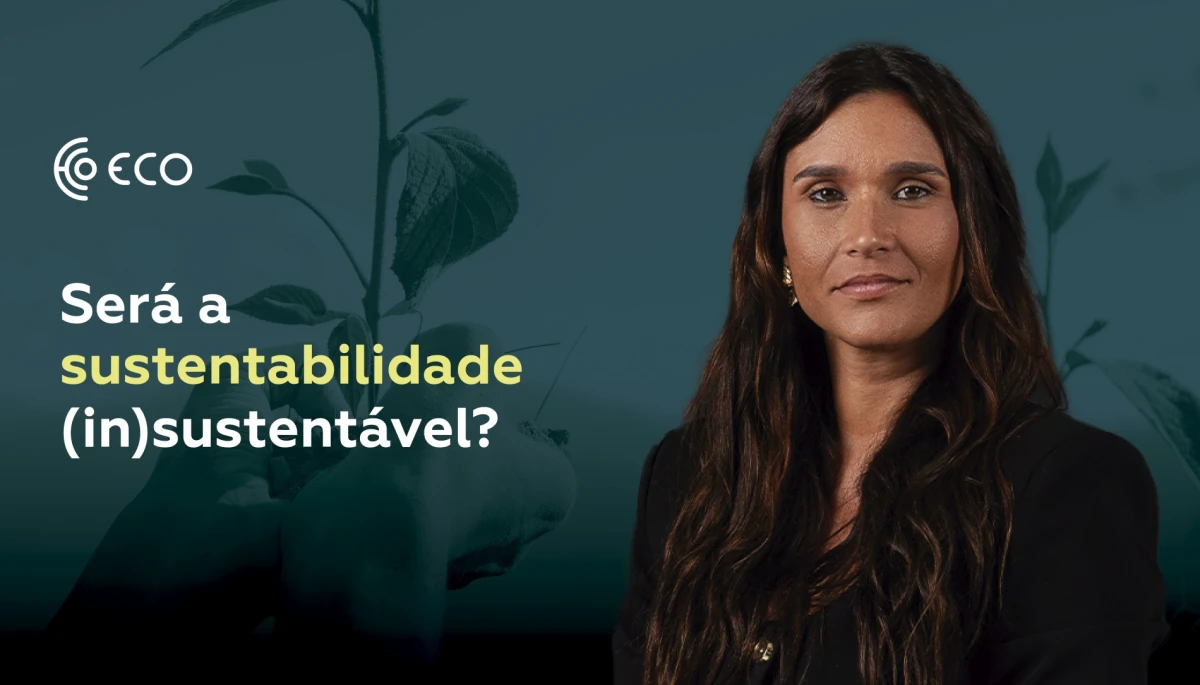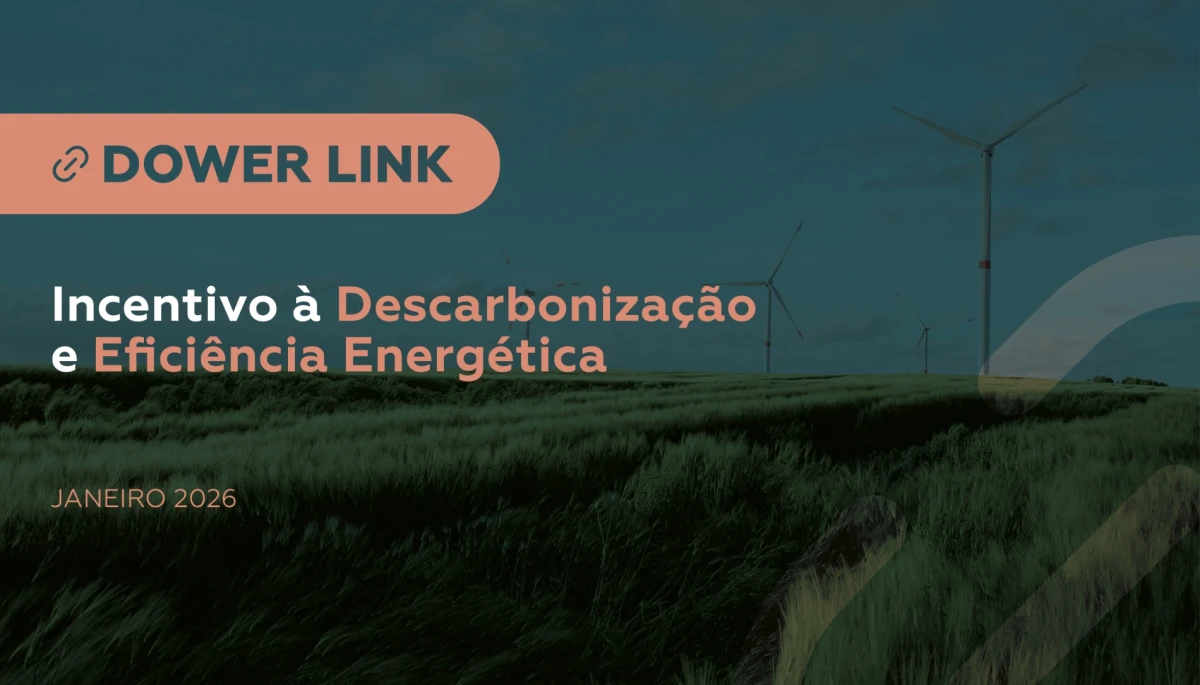On September 25th, Portugal marks the National Sustainability Day, a symbolic date established in 2023. The fact that we are only celebrating the second anniversary of sustainability in Portugal highlights the challenges our country still faces. We seek the best development model that ensures present needs are met without compromising future generations – yet the realistic perspective leads us to the main obstacle: “the cost of sustainability.” Private entities still find financial factors to be the primary challenge and barrier, since implementing internal sustainable policies brings higher costs.
Portugal has been aligning itself with European and international goals, promoting measures that encourage the energy transition, circular economy, and decarbonization. We can agree that the effort in implementation also extends to the process of aligning public policies with the United Nations 2030 Agenda’s Sustainable Development Goals (SDGs).
Public Procurement has taken steps to implement the principle of sustainability, as provided in Article 1-A of the Public Contracts Code. In 2023, the Base Gov Portal recorded 3.72% of public contracts adopting environmental criteria, and in 2024, around 1.83%. Even if these figures may reveal gaps in data reporting, the comparison does not seem to bring good news for the public sector. Also in 2023, shortly after the creation of Sustainability Day, the Government issued Resolution of the Council of Ministers no. 132/2023, of October 25th, which defined the ecological criteria applicable to contracts signed by direct and indirect state administration entities.
The State’s central machinery has been steered toward sustainability, though in a fully standardized manner. However, the difficulty remains: how can the State be supplied with sustainable goods, services, and works if sustainability measures in the private sector are still insufficient to promote alignment with the SDGs? The answer to this question becomes even more complicated with the Omnibus, a European legislative package intended to simplify EU sustainability laws, which the Council of the EU has postponed until 2028. This postponement will allow companies to (re)start adaptation procedures to the new reality, which, as has been shown, will apply across both public and private sectors.
It is time to define internal sustainability plans that enable the development of an ESG strategy, with clear targets supported by a structured timeline. Practical examples of measures to be implemented include assessing the value chain and adapting contractual clauses. This is because companies are increasingly held accountable not only for their own actions but also for the practices of their business partners – if a supplier fails to comply with sustainability standards, the contracting company may also be held responsible. Thus, celebrating National Sustainability Day means acknowledging that the path is still being paved, but that internal work within organizations must (re)start urgently.





